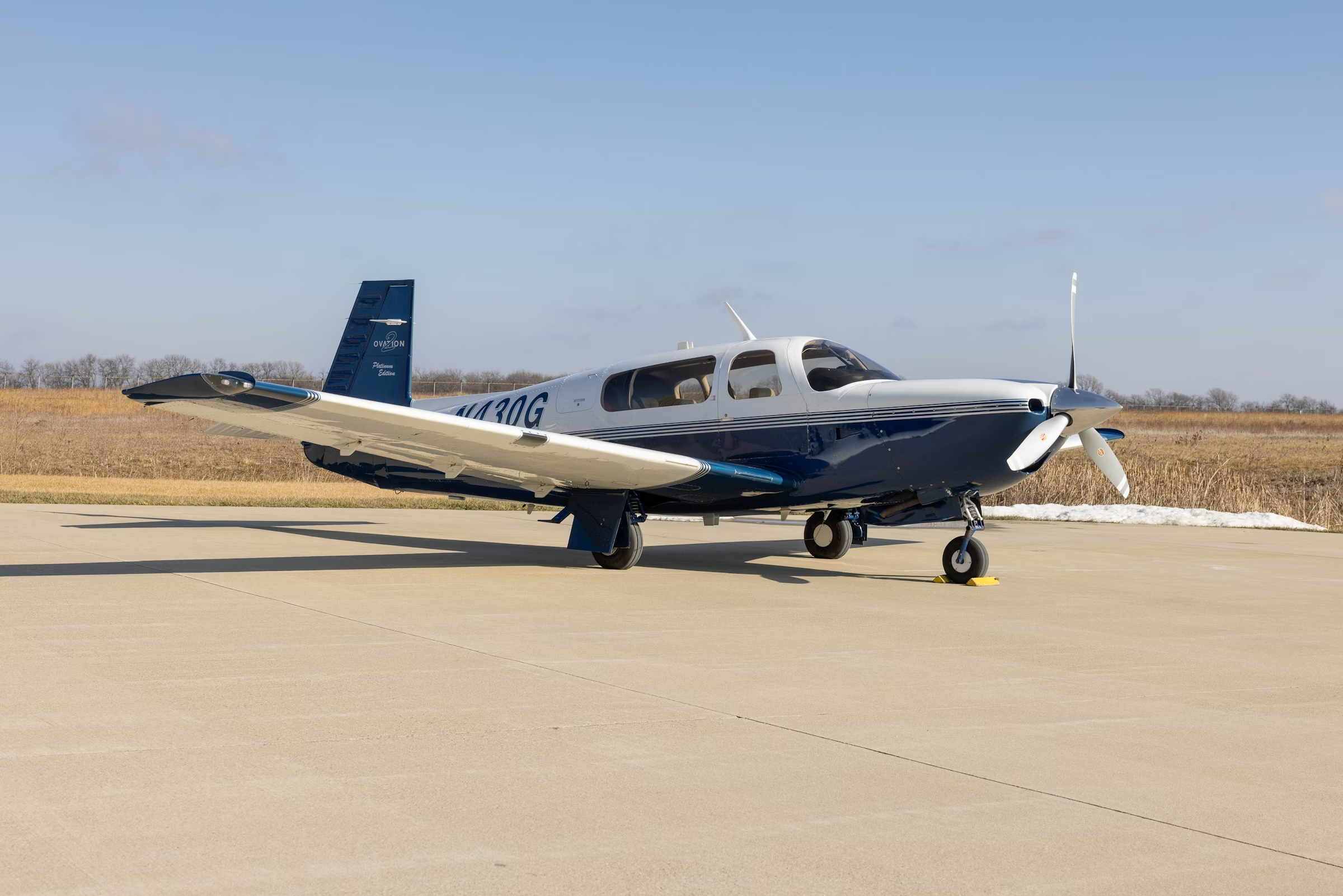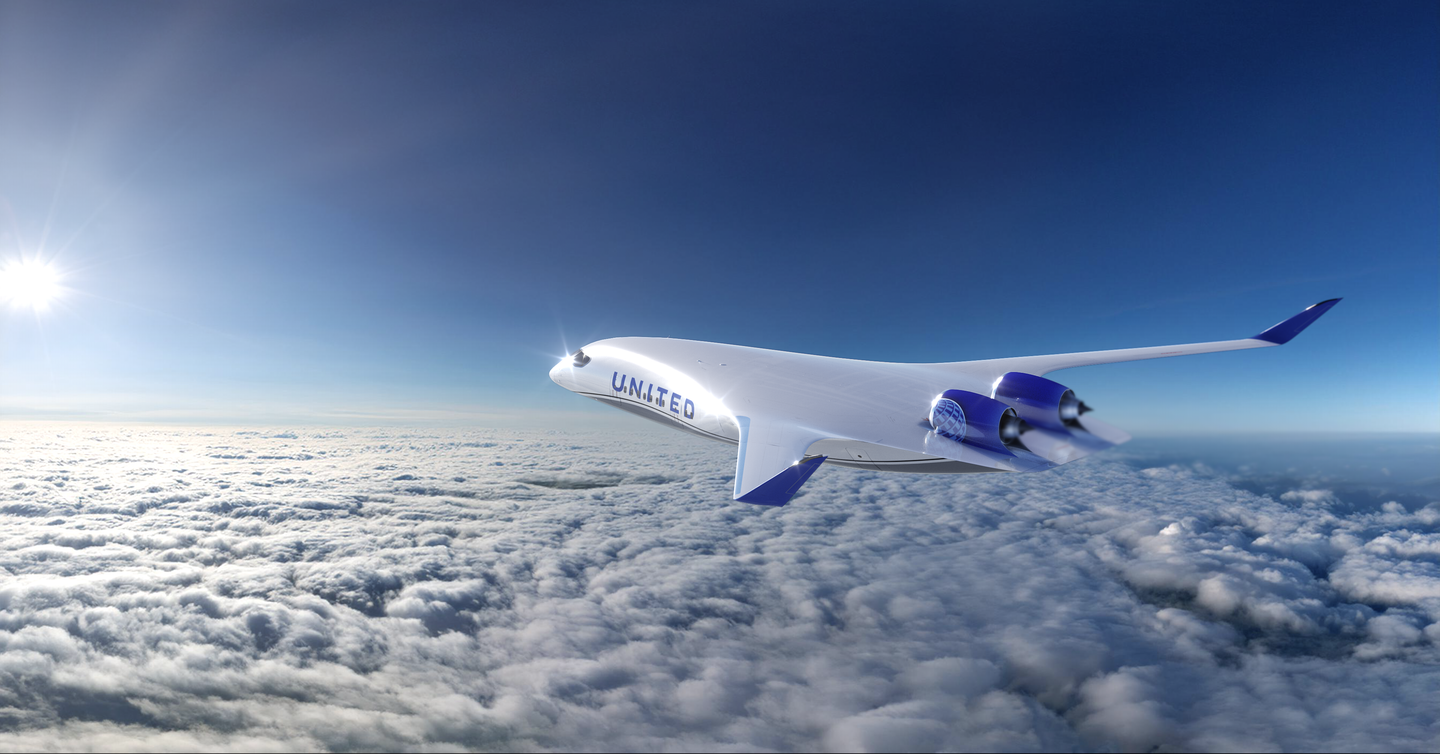
The AD will apply to some 6,200 Continental engines, including -550 engines with ECi cylinders. Wikimedia Commons/Ahunt
The FAA has published a controversial airworthiness directive requiring the removal of Engine Components International (ECi) cylinders in some 6,200 Continental engines. The average cost to comply with AD, the FAA says, will be $11,520 per engine. The AD goes into effect on September 15.
The FAA cited a total of 82 ECi cylinder failures during the 11 years they’ve been in use. This includes two fatal accidents that were attributed to those failures. The AD affects Continental -520 and -550 engines with ECi cylinders, as well as engine models approved for the use of the cylinder assemblies by supplemental type certificate, such as the the model -470.
The AD requires that after September 15, any affected cylinder assembly with 680 or fewer operating hours time-in-service (TIS) since new be removed from service before reaching 1,000 operating hours TIS since new. Assemblies with between 680 and 1,000 operating hours TIS since new would need to be removed from service either within the next 320 operating hours TIS or within 1,160 operating hours TIS since service, whichever comes first. Assemblies with more than 1,000 operating hours TIS since new must be removed from service either within the next 160 hours of operation or at the next engine overhaul, whichever happens first. Finally, cylinder assemblies that have been overhauled must be removed from service within the next 80 operating hours TIS.
The affected cylinders were produced by Danbury Aerospace under the ECi brand name from September 2002 through June 2009. CMG bought Danbury Aerospace’s assets in July 2015 but never produced any ECi cylinders.
AOPA opposes the AD, arguing that that the data cited by the FAA “does not justify the cost, appropriately address safety concerns, or follow the National Transportation Safety Board’s original recommendation for a conservative approach in addressing the issue for the thousands of affected engines.”
While acknowledging that the ECi cylinders do fail at a rate higher than other cylinders, AOPA says its position is that the cylinders should be allowed to keep flying to the manufacturer’s recommended time between overhauls rather than being taken out of service early.
“We strongly support safety, but this AD goes too far,” said AOPA senior director of regulatory affairs David Oord. “This represents a risk aversion versus proper risk management and is overly burdensome and costly for aircraft owners to comply. AOPA will be exploring any and all possible avenues for an alternative means of compliance to best represent our members’ interests.”

Sign-up for newsletters & special offers!
Get the latest FLYING stories & special offers delivered directly to your inbox






